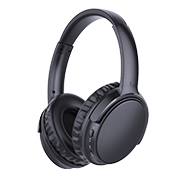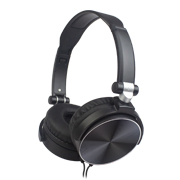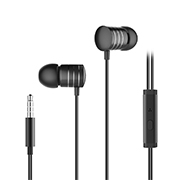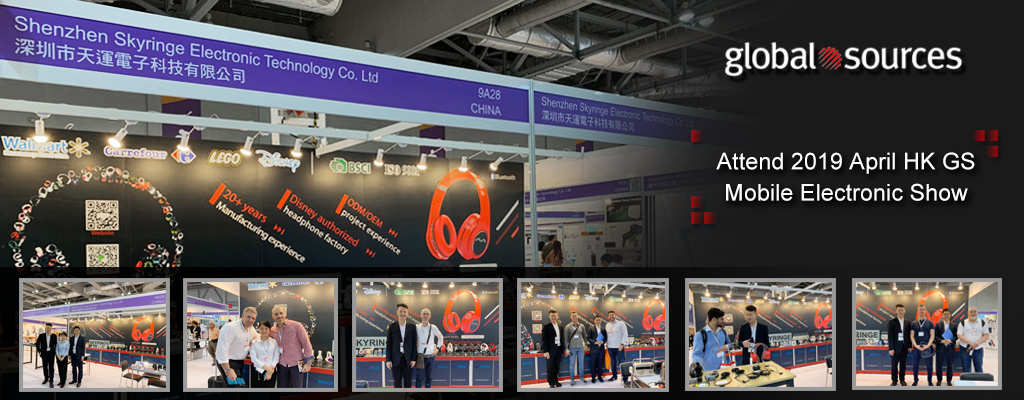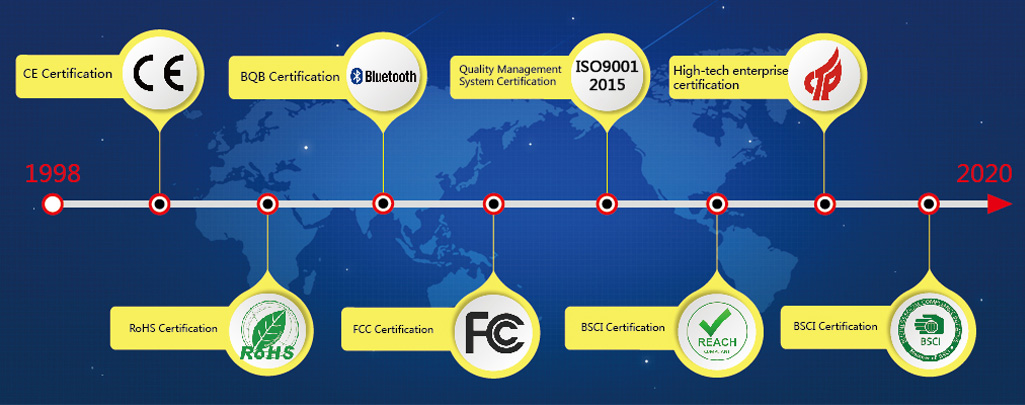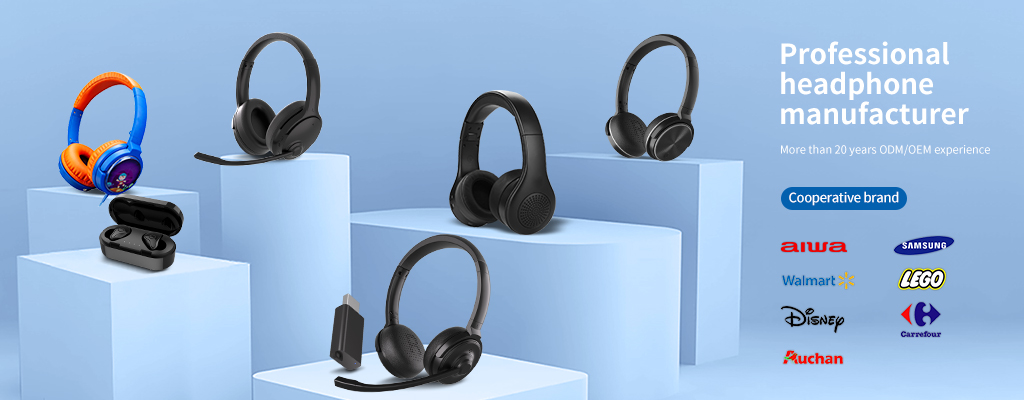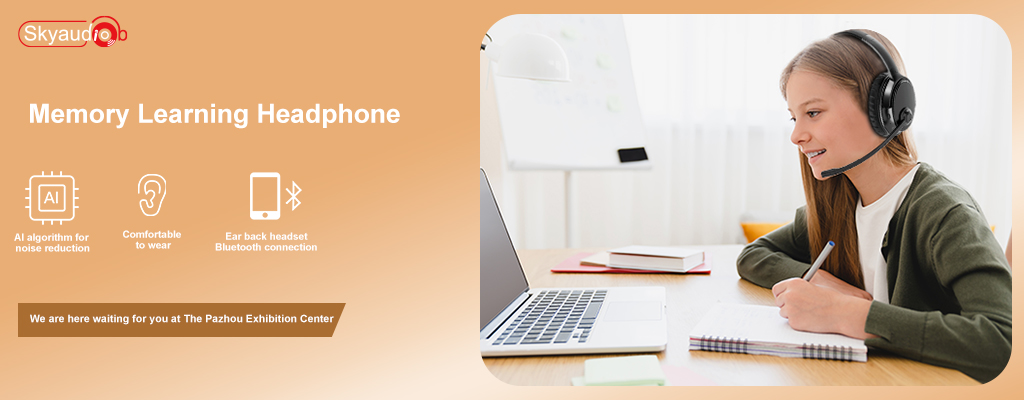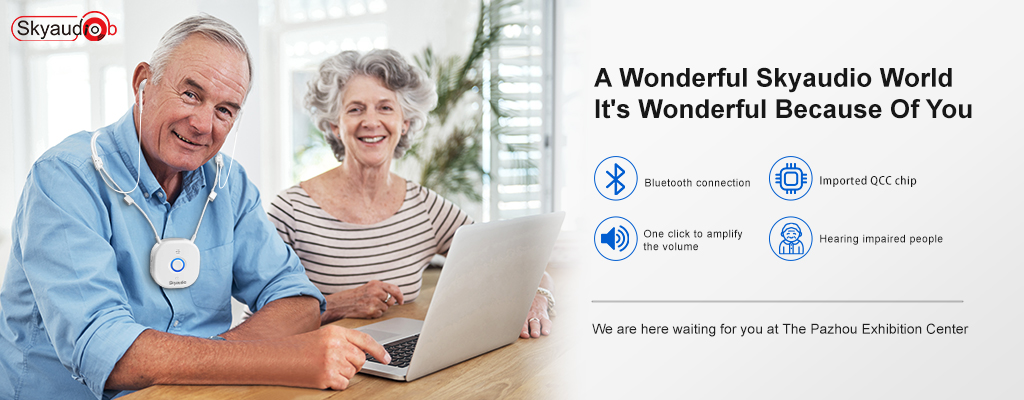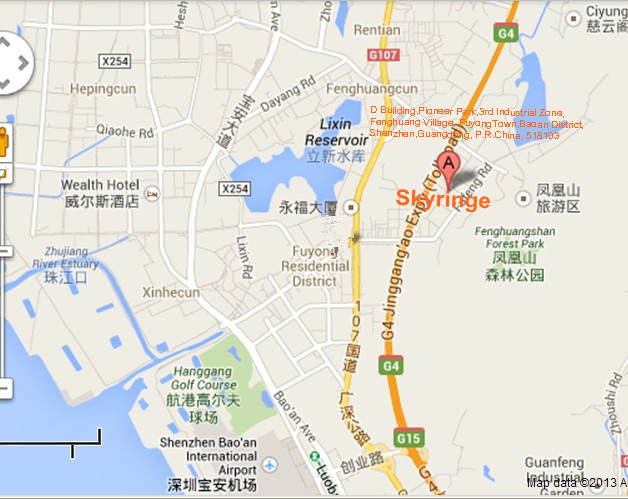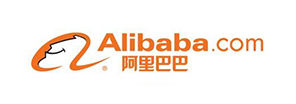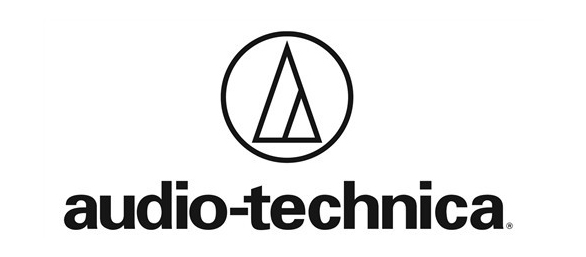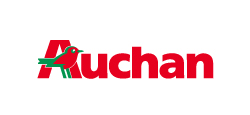
- factory address
D Building,Pioneer Park,3rd Industrial Zone Fenghuang Village, Fuyong Town,Baoan DistrictShenzhen,Guangdong,China
Will Tesco keep taking the tablets?
With sales sliding and a furore over its accounting methods,Britain's biggest supermarket chain is in crisis. So today's launch of Tesco's new tablet computer the Hudl 2 does not come at a great time. Indeed it provides another opportunity to ask whether the company has been distracted by trendy tech ventures when it should be concentrating on good old-fashioned retailing skills.
The first Hudl, which came out last year, was quite a hit - a pretty basic tablet at a very competitive price which has so far been snapped up by three quarters of a million shoppers.
The new version is bigger, slicker and, so Tesco says, about three times faster than the first Hudl. It has some clever child safety features, allowing parents to create profiles for each child that can determine where they go online and how long they can spend with the tablet each day.
“Start Quote Morrison's tried to ignore the digital world for years and eventually became a cropper”
And like its predecessor it is priced competitively - £129 for an
Android tablet that does much the same as an Apple iPad Mini, which
starts at £249. It is not clear that Tesco is making any profit at that
price. When I met the firm's director of digital services Michael Comish
this week he insisted the Hudl was "commercially viable".
But it became clear that meant it was effectively a low-cost marketing platform for other Tesco services like the movie and music streaming app Blinkbox. Amazon does much the same with Kindles and its Fire tablets, selling them at cost and then making a margin on all of the physical and digital product sales that they help to generate. But the online retail giant is generating far greater revenues than the supermarket chain.
What is not clear is whether Tesco is committed to this strategy in the long term. After all, the Hudl was very much the pet project of Philip Clarke, the technology enthusiast ejected from the chief executive's seat for presiding over a decline in sales. The new boss Dave Lewis is known to be taking a long hard look at what might be considered fringe activities - notably Blinkbox - and sharpening his axe.
Michael Comish navigated a careful course around my questions about whether the Hudl had a long term future - "Dave has been playing with it and loves it" - and the stories that he was going to sell or close Blinkbox - "anytime you get a new CEO there's always a lot of speculation". He was even polite enough to greet my question about his own future with a laugh - Comish was the co-founder of Blinkbox and was appointed to run Tesco's whole digital operation after selling the business to the supermarket.
He is still a firm believer that a retailer needs a digital strategy: "A lot of what brings customers into a store is digital, the days of having a single channel when consumers just come into a store are over. They want technology, expect technology and that becomes an important part of what we offer them." That argument seems self-evident - Morrison's tried to ignore the digital world for years and eventually became a cropper.
But Tesco, with its long history of investing in its online services and now a broader technology offering, has discovered an uncomfortable truth. You can be at the cutting edge of 21st Century retailing - but that counts for nothing if customers think they can fill their trolleys for less cash elsewhere. The Hudl 2 will probably be a huge Christmas hit. Whether Dave Lewis will order a third version is far less clear.
---The artical is excerpted from http://www.bbc.com/news/technology-29473392


